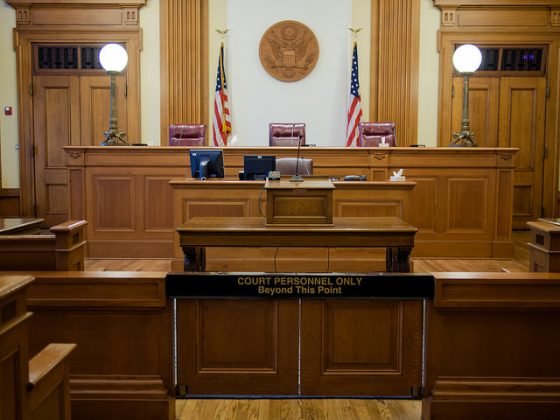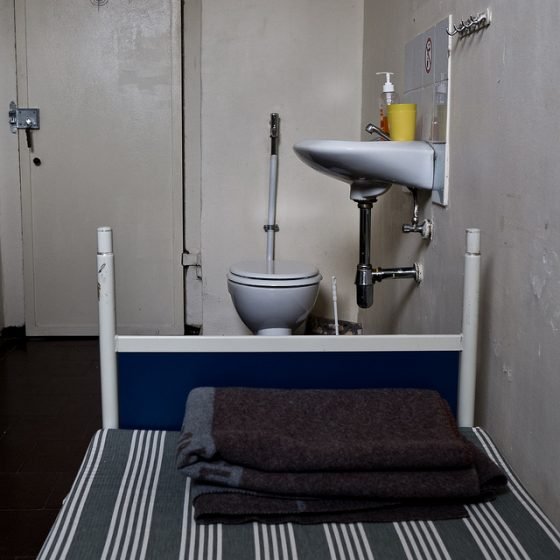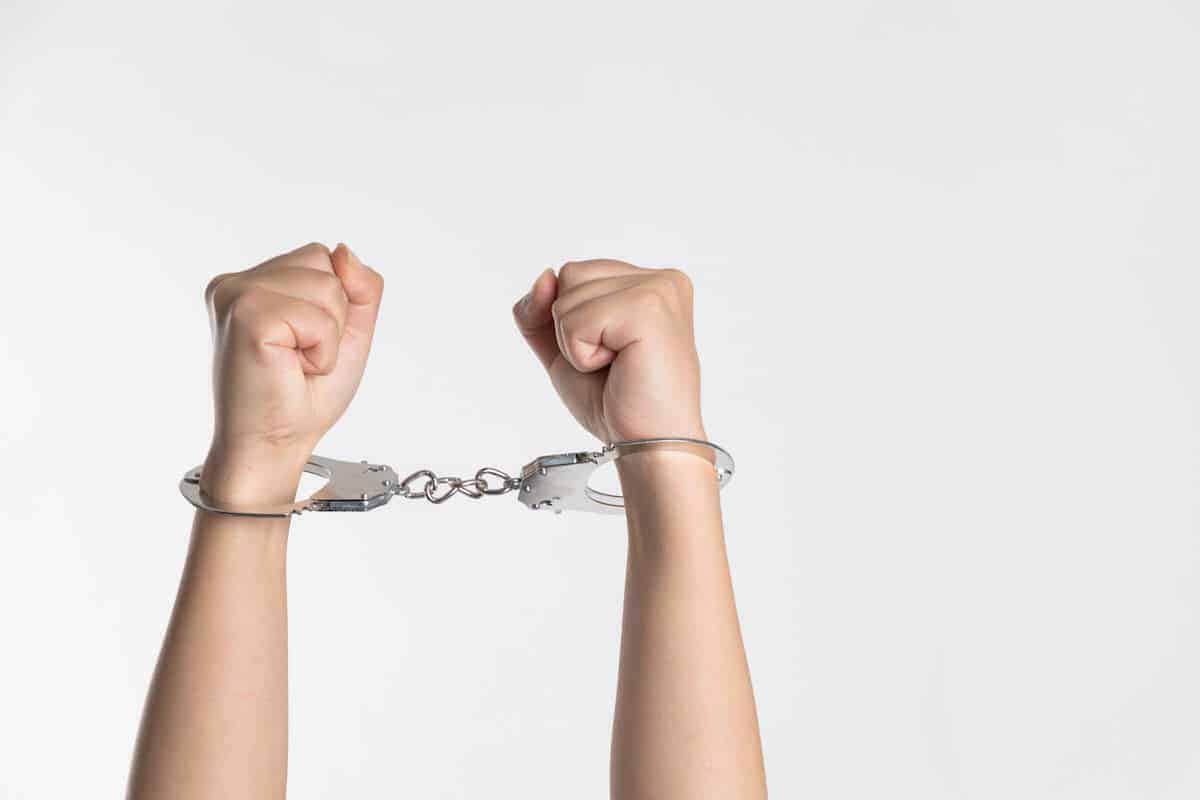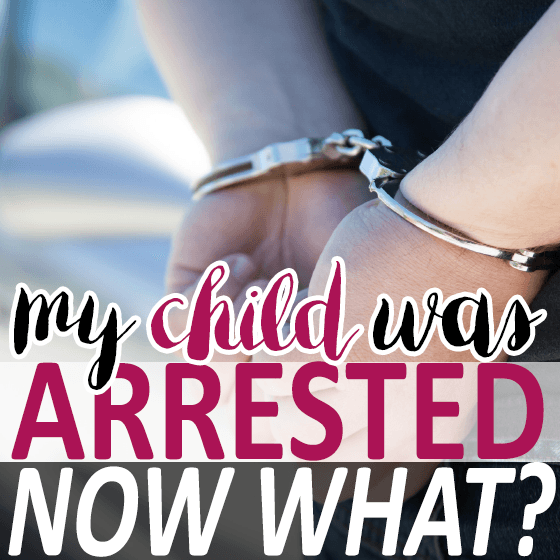Receiving a phone call from a police officer that your child has been arrested is one of those gut-wrenching moments for a parent. Immediately you have questions… what did they do? Is it drugs? Are they ok? Now what? As the initial shock wears off you will be left wondering what to do and where to go to get help for your child and you need to act quickly.
You and your child are now about to enter into a complex and often misunderstood system – the juvenile delinquency system. According to the Uniform Crime Report and publicized by the Office of Juvenile Justice and Delinquency Prevention (OJJDP) there are approximately 1 million arrests of minors under the age of 18 annually. Juvenile crimes range from curfew violations to school disruptions, drugs, and violent offenses.
As our country’s schools have become stricter and have implemented zero-tolerance policies in our elementary schools through high schools, crime rates have risen. Almost every day in the news or on social media is a report of an elementary school student being arrested by a police officer for behavior that historically would have been handled through a trip to the principal’s office and an after-school detention.
No longer do our schools handle many of their own discipline problems. State statutes may set a minimum age for criminal responsibility or juvenile delinquency court jurisdiction, but even so the age is usually 7. Schools now rely on their School Resource Officers, most of whom are sworn law enforcement, to handle the matters, resulting in many of our children being charged with crimes at a younger age.
There are many options out there for children charged with a crime; however, an arrest or detainment by the police is an offense that can follow your child for the rest of their life. Juvenile records are NOT confidential and schools and employers are becoming more and more adept at asking questions that will require even adult individuals to disclose seemingly insignificant childhood indiscretions.
So, if your child has been arrested (or you have a child who has the potential to get arrested – you know who you are), here’s what you can expect:
1. Contact an Attorney

The first thing you need to do is contact an attorney. If your child is still being detained at the time you are contacted, tell the officer that you do not wish for them to speak to your child without an attorney present. The child is entitled to have their Miranda Rights read to them, and they should invoke Miranda and ask to have an attorney present. Children, oftentimes out of fear, speak too liberally with the police and help build the case against themselves.
Whether your child is being placed on home confinement and returned to your care, or held securely in a juvenile detention center, you need to hire an attorney. An attorney can guide you and your child through this process. The attorney can also contact the prosecuting authority and try to get your child into one of the diversionary programs that may be available. Make sure you find an attorney who specializes in juvenile delinquency as there are very few attorneys who work in and understand this system. Many criminal defense attorneys believe they are competent to handle Juvenile Delinquency matters; however Juvenile operates off of an entirely different set of rules than most attorneys are familiar with – the Florida Juvenile Rules of Procedure – so just be sure to ask questions when choosing the attorney.
2. Be Present at Every Hearing
The next thing you need to do is to make sure you are present at every court hearing. If your child is securely detained in a detention facility OR placed on Home Detention, the first court appearance will be the day after they are arrested or contacted by law enforcement.
This hearing is called a 1st appearance or Detention Hearing. At this time a Judge will determine whether there was probable cause for the arrest or detention of your child. If the court finds probable cause, your child will likely be ordered to remain on home detention (where the child is to be home at all times unless at school) or secure detention in a juvenile detention facility for 21 days. Throughout this process you need to make sure you and your child are present at all court hearings or an Order to Take into Custody/Capias/Warrant will be issued and your CHILD will be arrested and detained at least overnight again.
3. Collateral Consequences
After this court hearing you need to be prepared for collateral consequences. If your child is 16, there is the possibility the judge will order the youth to not be permitted to drive pending the outcome of the case. There is also the very significant possibility that the child may be removed from school for the duration of the case.
Public Schools and the Department of Juvenile Justice, along with many other agencies, are part of an Information Sharing Network in most states, which means that the school will be notified of an arrest or criminal charge against a child even if the offense did not take place on the school’s property. As such, most school districts have in their policies and procedures manual how they handle such matters and oftentimes they will place the student on off-campus instruction for the duration of the case, which may be several months at least.
During the next 21 days it is the responsibility of the prosecutor (State Attorney’s Office/District Attorney’s Office) to make a filing decision on your child’s case. The prosecutor reviews the case, reviews all the evidence, meets with witnesses, and conducts any further investigation during this time. The prosecutor may then decide to drop the case completely, divert the youth into a diversion program, or file formal charges against the child. Your attorney will most likely be contacting the assigned prosecutor during this time and working on trying to get the best deal for your child depending on the circumstances of each individual case.
4. Meet with a Case Manager
If your child is diverted into a diversion program such as teen court, arbitration or civil citation, you and your child will need to meet with a case manager. This is the person who will give your child sanctions to complete such as community service hours, crimes and consequence classes, and essays. Upon successful completion of these tasks, your child’s case will then be dismissed.
However, a dismissal does not mean the charge is no longer on the child’s record. Juvenile records are called “Face Sheets”. A juvenile face sheet will include identifying information for the child and family along with a list of all offenses the child has ever been charged with committing. In most states there is an option to have a Juvenile Diversion record expunged upon completion of the Juvenile Diversion program. This should be done immediately so as to get the record of the arrest/complaint expunged or removed from your child’s record.
5. Enter a Plea
If formal charges are filed against your child, you and your child need to be prepared for him or her to enter a plea. The next court hearing is called an Arraignment. This is where your child would enter a plea of not guilty, guilty, or no contest. After that there would be a pre-trial and trial date set, or if a plea is entered at the arraignment hearing, your child would go straight to the sentencing phase.
A pre-trial is another court hearing when the court will actually set the case for trial and ensure all witnesses will be available on the trial date. A trial in juvenile court is a non-jury proceeding which means the Judge is the trier of fact. The Judge will listen to testimony from both sides, the State and the Defense, just as in any criminal case, and make a finding of guilt or innocence from the bench.

6. Dispostion
Next you need to be prepared to enter into the sentencing phase (known as Disposition within Juvenile court), because you will have various evaluators delving into the background of your child. During disposition the court may order evaluations of the child to be completed to see what type of sentence, probation, or a residential program is in their best interest.
You and your child will be asked to meet with a juvenile probation officer, and possibly other psychologists and/or licensed mental health counselors to discuss your child’s history, family dynamics, and peer interactions. These individuals will also contact your child’s school to obtain grades, attendance, and disciplinary records.
7. Probationary Sentence
If a probationary sentence is imposed your child may be subject to the court’s jurisdiction until their 19th birthday. Alternatively, there may be an adjudication of delinquency which would allow for their criminal history to be utilized in court against them until their 24th birthday.
A probationary sentence would include standard conditions such as a curfew, drug testing, and school attendance along with specialized conditions like counseling and essay writing. This is the most common sentence or disposition in juvenile court. The philosophy of the juvenile justice system in most states is a combination of punishment and rehabilitation; there is also the belief that most children are best suited to community based involvement rather than being sent off to a residential program away from home and family.
A residential program means your child would complete their sentence in an out-of-home, secure facility where they would still receive their education, but would not be free within the community. There is also a mandatory requirement of adjudication in the case of a residential placement, therefore your child’s juvenile record could be used against them in adult court until at least their 24th birthday in most states. A juvenile residential sentence can be extended, in certain circumstances, until the child’s 21st birthday.

Unlike most adult cases, juvenile sentences are often for an indeterminate period of time, or until the child’s 19th or 21st birthday. Juvenile cases do not necessarily leave the court system as quickly after disposition as adult cases do because juvenile courts hold judicial reviews to evaluate the progress of the child, as the goal is to get the youth off probation and rehabilitated in the community as quickly as possible. Most juvenile courts will consider early terminations of probation or direct discharge (meaning no probation to follow) from a residential commitment program, if the youth has shown great strides toward rehabilitation.
The thing you need to be most prepared for through all of this is how intrusive this system really is into the lives of you and your child (and other children).
As a parent you will be expected to report curfew violations, report disrespect to the court, and to communicate regularly with the juvenile probation officer. You will no longer be the only authority figure making decisions for your child, which can be very difficult and frustrating for both you and your child. Fortunately, most courts are not there to usurp the power or responsibilities of a parent and are merely trying to reinforce rules you likely already have in place for your child.
As inconvenient as it may be, this system has been implemented to help millions of children and families out there who need services in the community to thrive; the stated goal is the rehabilitation of todays’ children. The sooner your child learns his or her lesson, completes the required sanctions, and gets out of this system the better.
The more pro-active you are as a parent will help this to happen, and hopefully your child will have learned a valuable lesson and be back on track to a bright and successful future.
Photo Credits: houstondwiPhotos mp, Karen Neoh











































